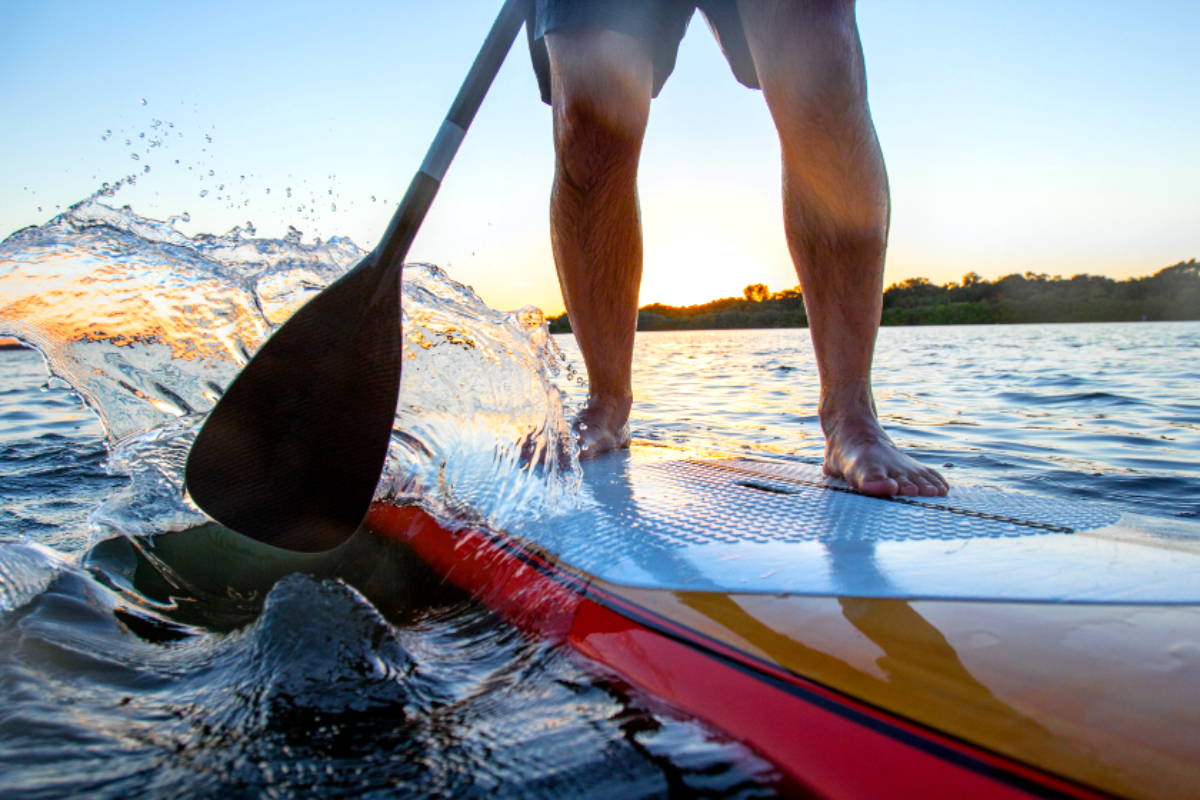
Bridlington RNLI say they are seeing a large number of call outs to Paddleboards and Inflatables.
The Royal National Lifeboat Institution (RNLI) and Paddle UK are urging those hitting the water on paddleboards, kayaks or canoes to follow safety advice as rescue data reveals that lifeboat crews in the UK & Ireland were called out to paddlers an average of almost three times a day in August 2024.
Last August, there were 40 RNLI lifeboat launches to kayakers or canoeists and 52 to paddleboarders, making it the busiest month for paddlesport incidents.
Across the same period, lifeguards dealt with 268 paddleboarding and kayak rescues across 240 lifeguarded beaches.
In 2024, volunteer lifeboat crews launched to a total of 134 paddleboarding and 167 kayak/canoe incidents while RNLI lifeguards dealt with 413 paddleboarding and 127 kayaking incidents.
Paddleboarding has seen a significant increase in popularity over recent years and 2022 was a record year for the lifesaving charity with 174 lifeboat launches and 640 incidents for RNLI lifeguards.
Bob Taylor, Water Safety Officer from Bridlington RNLI, says they have already seen a large number of call outs to paddleboards this summer.
"Paddleboards, they are our biggest call out at the moment.
We've had about 30 shouts and about half of those have been for paddle boarders or inflatables. So yeah, just simple things that you can do on there, check the weather to see what the tides are doing.
If the wind's blowing offshore, it's not a great idea to take an inflatable out, if the tide's going out that's a big 'no', because that's just gonna carry it out, iIt's a lot stronger than you think.
So just check that thing, but then also try and find a way of having something about you for calling for help like a mobile phone in a waterproof pouch, and a buoyancy aid as well. Should you ever get departed from your boat you can stay afloat."
In 2023, 10% of kayakers/canoeists and 9% of paddleboarders2 reported that they made none of the recommended preparations before hitting the water.
The RNLI and Paddle UK are urging people to make safety a priority as we approach the summer months through their #PaddleSafe campaign.
Together, their key safety advice is to:
- Always wear a buoyancy aid
- Tell someone where you’re going
- Carry a mobile phone
- Check the weather
- Know your limits
RNLI National Water Safety Partner, Sam Hughes, said:
‘It’s been really great to see so many people enjoy our coastlines on paddleboards and kayaks in recent years but it’s really important that people know how to keep themselves safe.
‘In the past two years, we have seen that around half3 of paddleboarding incidents were due to people being swept out to sea or caught out by offshore winds, with strong rip currents also posing a risk to paddlers, which is what happened to Mark.
‘We urge anyone taking part in paddlesports to check the weather forecast, including the gust and direction of the wind, before heading out. If you are on a lifeguarded beach, keep an eye out for the orange windsock to see which way the wind is blowing.’
Lee Pooley, Director of Recreation and Development at Paddle UK said:
‘There is nothing better than being out on the water on a warm summer’s day, but we urge everyone heading out to take the necessary precautions.
‘We continue to work with key partners such as the RNLI as well as the wider paddling industry and retailers to promote the most up to date safety guidance.
‘There is a wealth of information on the Paddle UK websites and those who need to understand the basics can do so through our free online learning
‘Being on the water should be a really wonderful experience and we want everyone to enjoy it safely.’
Find information on how to stay safe while taking part in paddlesports at https://rnli.org/safety/choose-your-activity
- In August 2024, RNLI lifeboats launched to 40 kayaking/canoeing and 52 paddleboarding incidents, resulting in an average of 2.96 lifeboat callouts per day.
- In 2023, there were 155 lifeboat launches to paddleboarders and 76 (49%) were due to casualties being blown out to sea or offshore winds. Last year, there were 134 launches to paddleboarders and 73 (54%) were due to being blown out to sea or offshore winds.



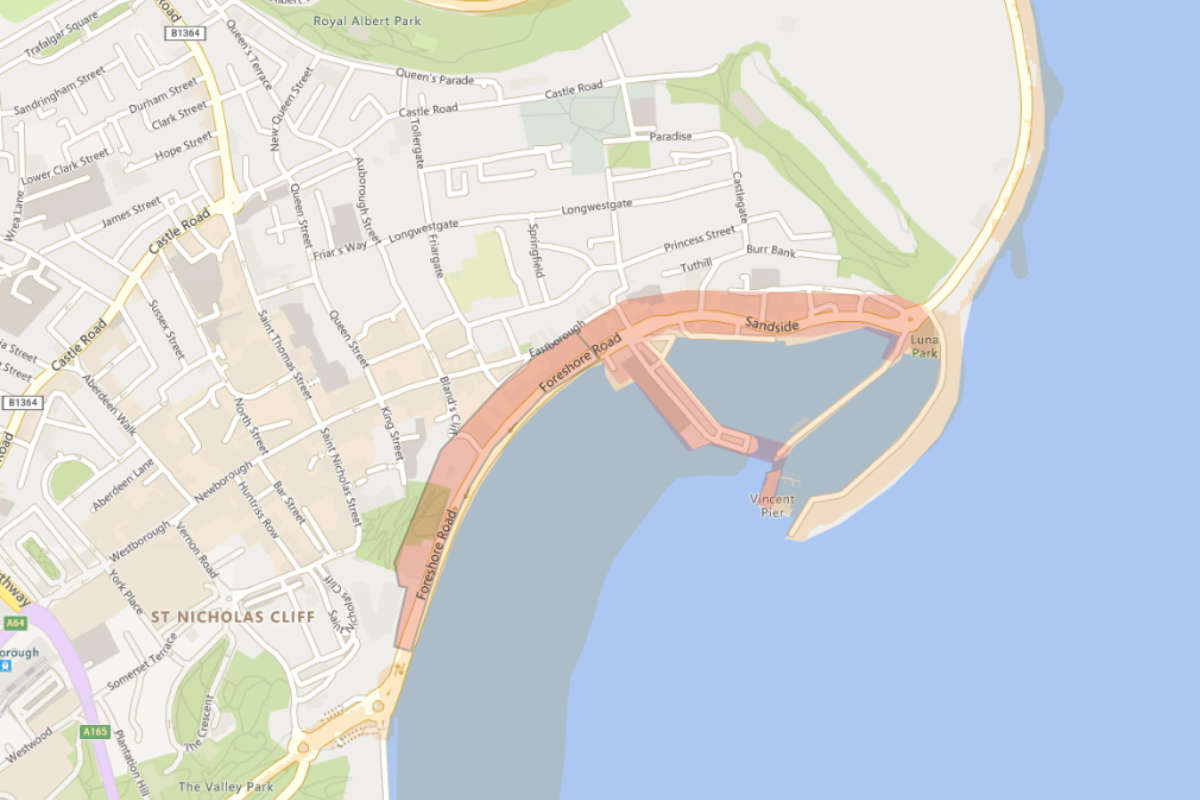 Flood Warnings Issued For Scarborough's Sandside & Foreshore Road
Flood Warnings Issued For Scarborough's Sandside & Foreshore Road
 East Riding Council Facing "Tough Decisions" as New Operating Model Signals Looming Redundancies
East Riding Council Facing "Tough Decisions" as New Operating Model Signals Looming Redundancies
 Location for Scarborough's 400th Anniversary Sculpture Confirmed
Location for Scarborough's 400th Anniversary Sculpture Confirmed
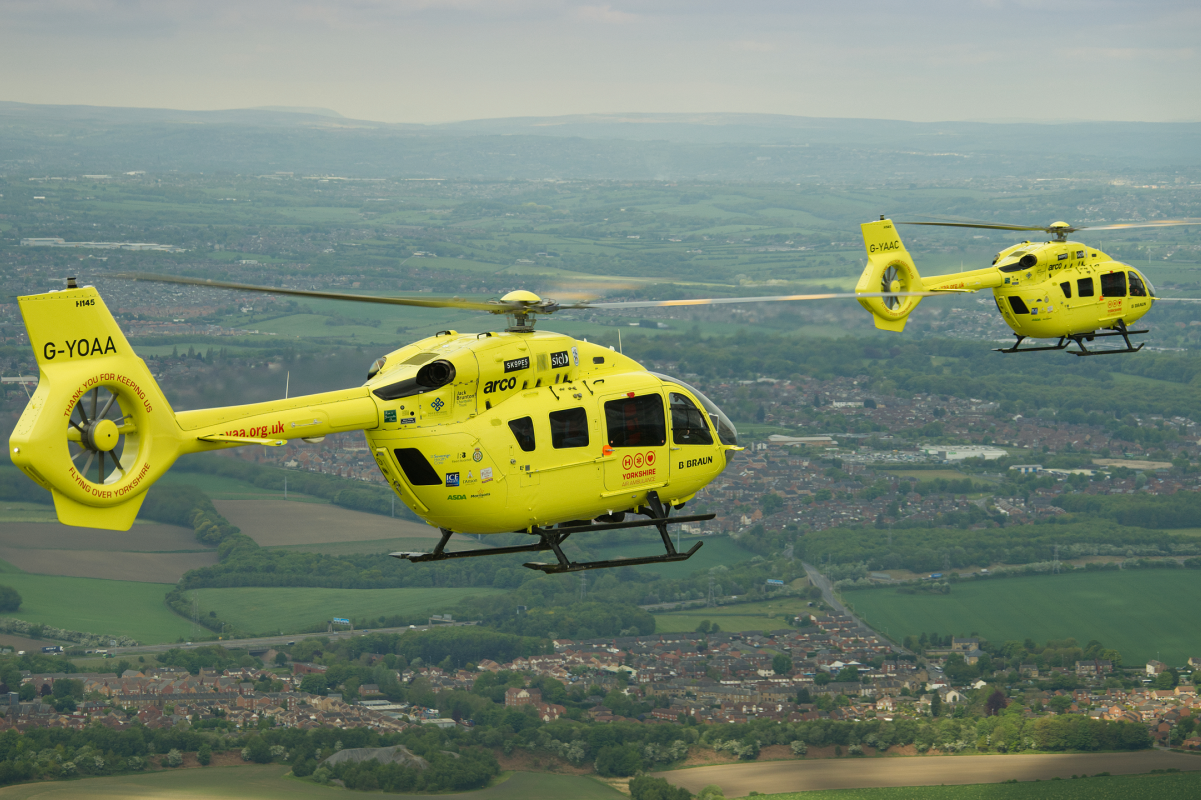 New Chief Exec for Yorkshire Air Ambulance
New Chief Exec for Yorkshire Air Ambulance
 Scarborough and Whitby MP Presses for Burniston Fracking Decision to be Delayed
Scarborough and Whitby MP Presses for Burniston Fracking Decision to be Delayed
 Pickering and Filey MP Criticises Government for ‘Unfair’ Rural Funding Settlement
Pickering and Filey MP Criticises Government for ‘Unfair’ Rural Funding Settlement
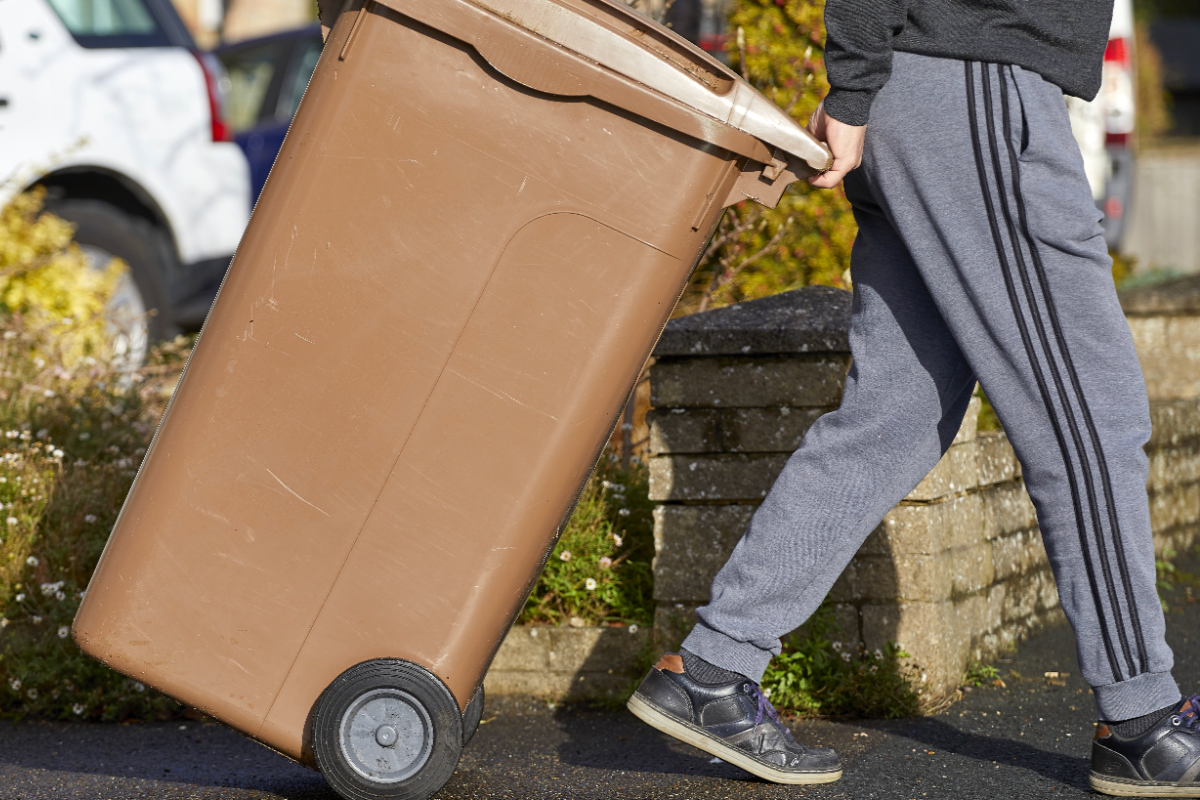 East Riding to Introduce Weekly Food Waste Collections Amid Long-Term Funding Fears
East Riding to Introduce Weekly Food Waste Collections Amid Long-Term Funding Fears
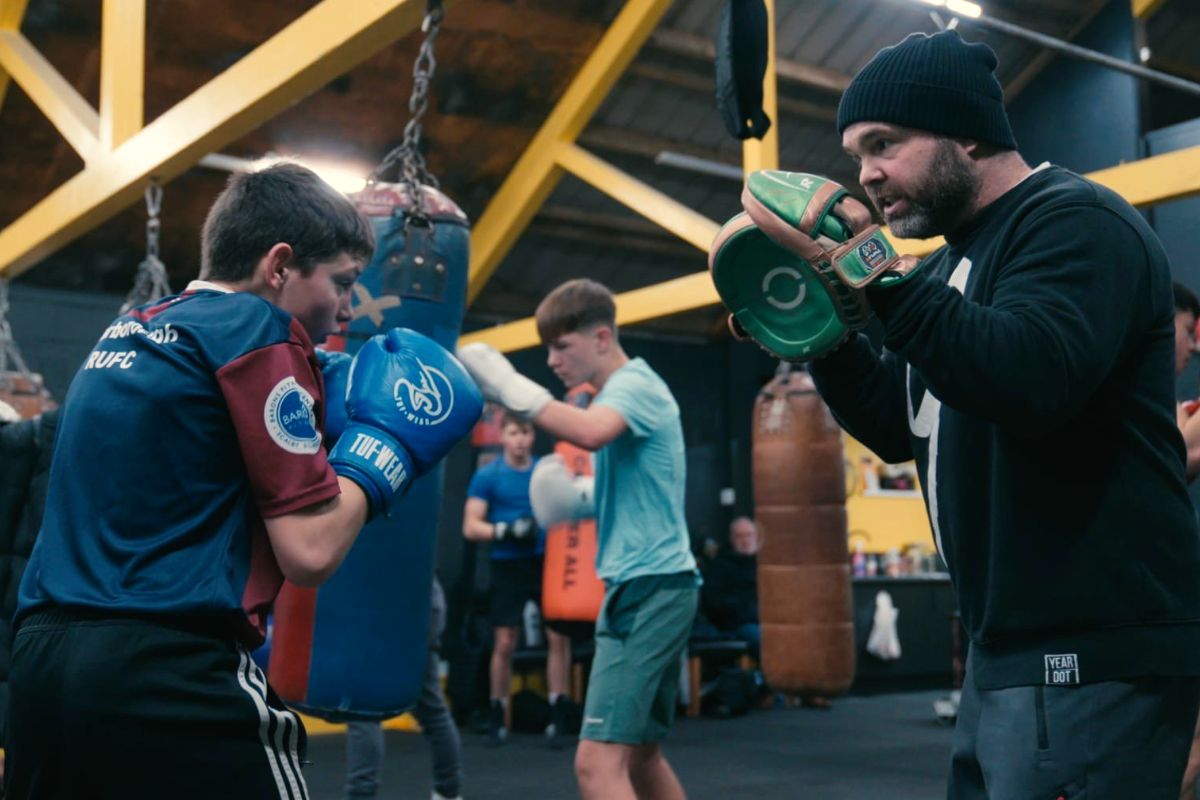 Eastfield Boxing Club Film to Get Scarborough Premiere
Eastfield Boxing Club Film to Get Scarborough Premiere
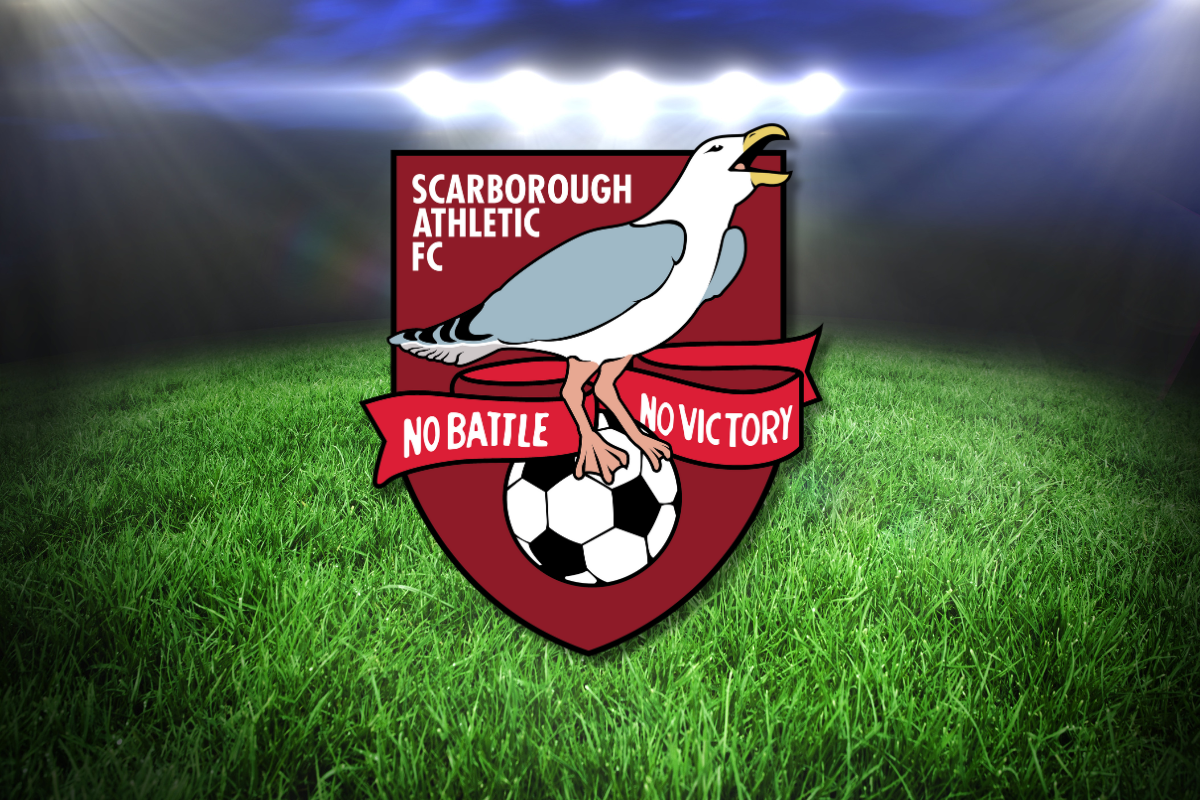 Scarborough Athletic Stunned By Minnows in Senior Cup
Scarborough Athletic Stunned By Minnows in Senior Cup
 Whitby Town Again Hit By Second Half Slaughter
Whitby Town Again Hit By Second Half Slaughter
 Scarborough Café and Flat Plans Opposed by Town Councillors
Scarborough Café and Flat Plans Opposed by Town Councillors
 Bridlington Town Beaten Again Despite Improved Showing
Bridlington Town Beaten Again Despite Improved Showing








Comments
Add a comment